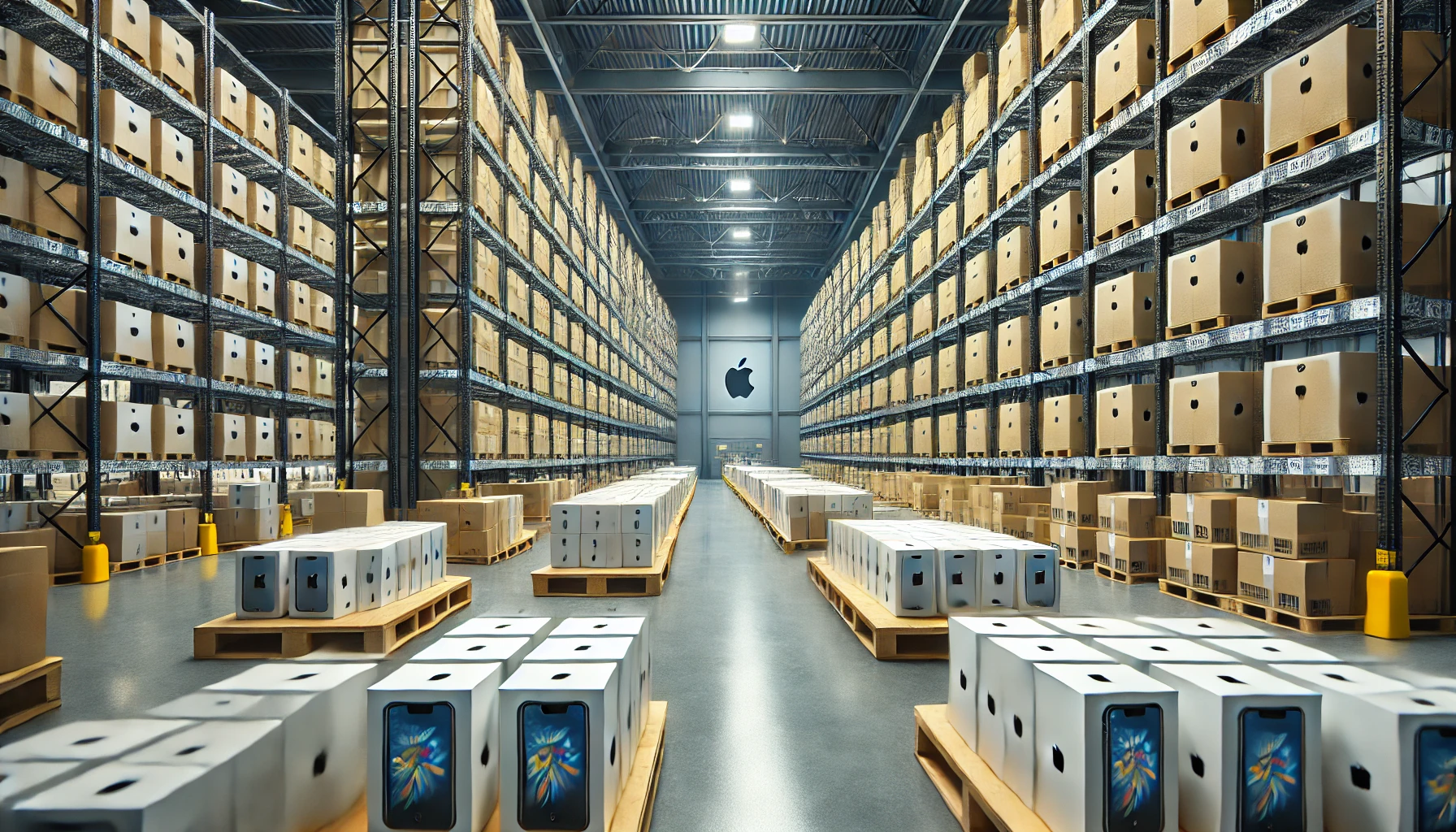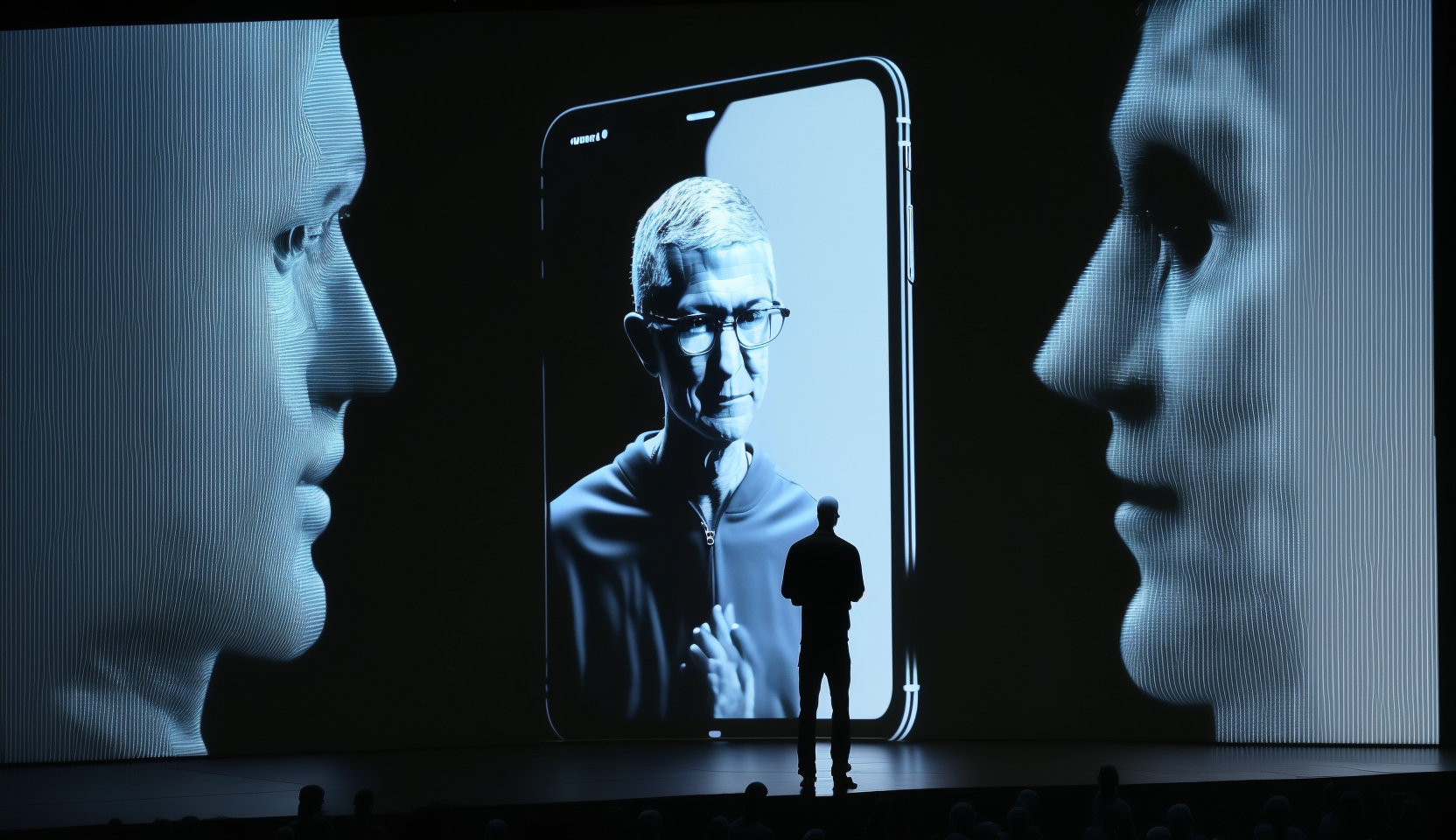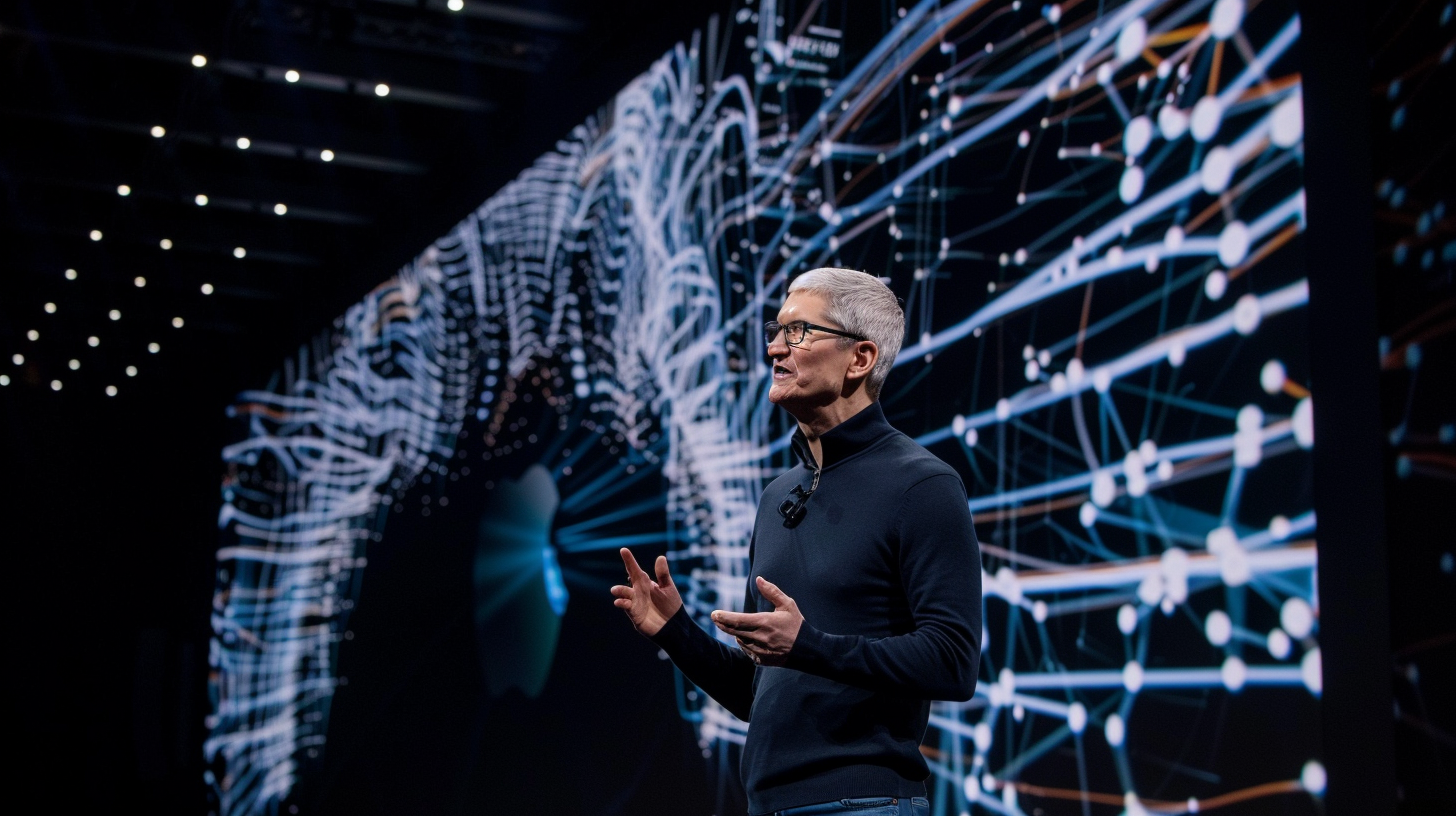| Key Points: – Jefferies cut Apple to “Underperform” with a price target of $200.75, while Loop Capital downgraded it to “Hold” at $230. – Declining sales in China and a 1% dip in market share are major concerns for Apple’s flagship product. – Apple’s AI initiatives, including Apple Intelligence, have not generated the anticipated sales supercycle, dampening investor enthusiasm. |
Apple Inc. (AAPL) is grappling with significant challenges as analysts issue downgrades to its stock, citing weaker-than-expected iPhone sales and underwhelming performance in its artificial intelligence (AI) initiatives. The stock fell 3.82% on Tuesday following these reports, adding to mounting concerns about the tech giant’s ability to sustain its growth trajectory in an increasingly competitive market.
Jefferies analyst Edison Lee downgraded Apple to “Underperform” and slashed the price target to $200.75, a 13% reduction. Meanwhile, Loop Capital downgraded the stock from “Buy” to “Hold” and revised its target to $230, down from $275. Both firms point to headwinds in Apple’s core iPhone business and tepid consumer interest in AI-powered products as key factors behind their decisions.
The iPhone, which accounts for over half of Apple’s total revenue, is facing significant challenges. According to Jefferies, iPhone sales in China dropped by 15% to 20% year over year. This decline reflects both increased competition from local players like Huawei and Xiaomi and cautious consumer spending amid a slower Chinese economic recovery.
China has long been a critical market for Apple, contributing $66.9 billion in revenue in 2024, despite an 8% decline compared to the previous year. However, the company’s difficulties in this region are not new; Apple has struggled with currency fluctuations and declining sales for the past two years.
Globally, Apple’s iPhone market share fell by roughly 1% in Q4, landing at 23%, even as overall smartphone shipments rose by 3%. These numbers, provided by Canalys and IDC, underscore the growing competition Apple faces as it tries to maintain dominance in a crowded market.
Apple’s push into AI has also been a point of contention among analysts. The company debuted its AI platform, Apple Intelligence, in October 2024, marketing it as a transformative tool for its flagship devices. However, the staggered rollout has led to confusion among consumers, with many unaware of the platform’s full capabilities.
Jefferies had predicted that Apple Intelligence would drive a “sales supercycle,” but early indications suggest that adoption has been slow. This is a stark contrast to the success of other tech giants like Alphabet and Meta, whose innovative AI initiatives have helped drive their stock prices up 30% and 36%, respectively, over the past year.
The slow uptake of AI-powered devices further complicates Apple’s outlook, as the company seeks to diversify its revenue streams beyond the iPhone. While Apple’s Services segment remains a bright spot, generating $96.1 billion in 2024, the company will need to demonstrate sustained growth in other areas to regain investor confidence.
Despite these challenges, Apple has several opportunities to stabilize its position. The upcoming launch of a new iPhone SE, entry-level iPads, and MacBook Airs may provide a much-needed boost in mid-range and budget segments. Additionally, Apple’s brand loyalty and reputation for innovation could help it weather short-term setbacks.
The company is set to report its first-quarter earnings on January 30. Analysts and investors will be watching closely to see if Apple can reverse its recent trends and reestablish itself as a leader in both hardware and emerging technologies like AI.



